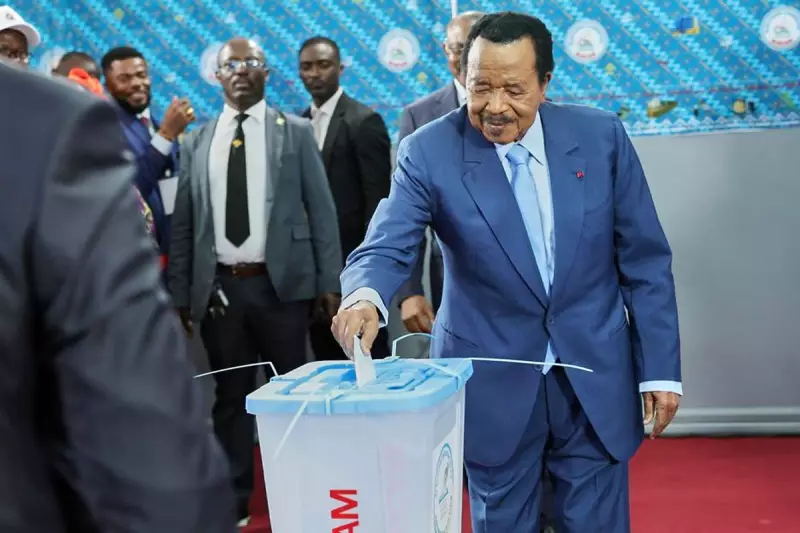
A constitutional crisis is unfolding in Cameroon as the speaker of parliament, Cavaye Yeguie Djibril, refuses to relinquish his position despite reaching the constitutional term limit, plunging the Central African nation into political turmoil.
Defying Constitutional Limits
The controversy centres on Cavaye Yeguie Djibril, who has served as parliamentary speaker since 1992. Under Cameroon's constitution, he reached the mandatory retirement age of 80 in 2022, yet continues to preside over the national assembly, ignoring calls for his resignation.
Opposition leader Joshua Osih of the Social Democratic Front has been particularly vocal, stating: "We are witnessing a blatant disregard for our constitution. This sets a dangerous precedent for our democracy."
International Concern Grows
The political standoff has attracted attention from international observers and former colonial powers. France, which maintains significant economic ties with Cameroon, finds itself in a delicate position, balancing diplomatic relations with concerns about democratic norms.
Political analyst Dr. Adebayo Olukoshi commented: "This situation reflects broader challenges facing African democracies, where entrenched political figures often resist peaceful transitions of power."
Domestic Reactions and Protests
Within Cameroon, the speaker's refusal to step down has sparked protests and public debate. Maurice Kamto, leader of the Cameroon Renaissance Movement, has called for peaceful demonstrations, declaring: "We cannot stand by while our constitution is trampled upon."
The ruling Cameroon People's Democratic Movement has defended the speaker's position, arguing that parliamentary procedures must be followed for any leadership change.
Regional Implications
This political crisis comes at a sensitive time for Central Africa, where several nations are grappling with similar challenges of political succession and constitutional adherence. Neighbouring countries are watching developments closely, concerned about potential regional instability.
As the standoff continues, many Cameroonians worry about the long-term implications for their country's democratic institutions and the precedent this might set for future political transitions.





